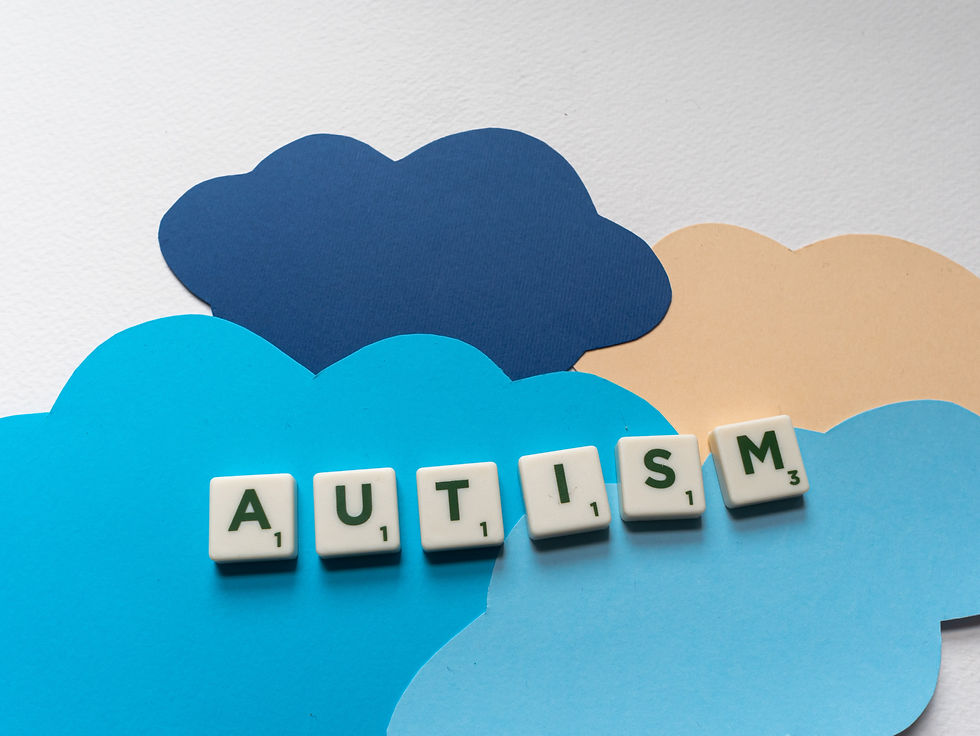So, your child has just been identified as autistic. You have probably seen some differences that were concerning to you for a while, and now the medical practitioner has helped you confirm why. There is a list of people you are wanting and needing to tell, and probably top of the list is your family. This can be a hard topic to discuss for a few reasons, and particularly with the older generations as they were not as aware of autism in their communities. We’ve provided a few things to think about before having the discussion and tips for when you do.
1. Be patient – although most people are learning more about autism in their lives through friends, co-workers or family, not everyone has a great understanding of what it is and how it is different for your child or your family’s life. Some of your family may just get it and have a few questions, while others may need more in-depth information to comprehend what you are trying to tell them. Sadly, there may be other family members that refuse to accept the identification and/or refuse to accept the different strategies your child may need. Being prepared that you won't know how others may react and being patient can help a lot with these conversations. But knowing most of our family and friends, you will probably be one of those lucky people that gets huge support!
2. Provide information and examples – to begin a conversation around autism, I usually discuss what the diagnostic criteria is so that everyone understands what was looked for. Then you can connect specific examples of what your child does back to the diagnostic criteria, which will help put it all together for your family member.

3. Be positive – focus on what your child brings to the table. Your child has many strengths to share with your family that they may not even realise! Some will be obvious to your family and others may be an “ah-ha” moment. Don’t forget to tell them about your child’s special interests so that they can use this as a connection point, and your family member will probably learn far more about the topic then they ever would have.
4. Use metaphors – this can be the most useful tool for your discussion! ALL people could use a little help understanding things and having one or two resources that are visual or even video could make all the difference to your family. I really enjoy learning from neurowild_ (neurodiverse perspective) or storiesaboutautism (parent of ND children) on Instagram, and these are just two of many out there! I encourage you to seek out several resources that help you learn more about autism. Those resources will also help your family learn more too.
5. Allow space for the uncomfortable – I’ve heard so many stories about parents having others say things like “he doesn’t look autistic,” “I’m sorry,” or “but she likes people” among so many more when they talk about their child being autistic. Just remember people don’t know what they don’t know, even your family. We all say inappropriate things at times unknowingly and it’s the education around why this or that is not okay where we learn. These uncomfortable times will happen, and you are best serving your child and yourself by talking it through rather then blowing up or holding it in.

6. Give tips on connection – People are connection machines; we search for connection everywhere. Your family may not know how to connect with your child though, so you can give tips on how to connect. Tell your family about your child’s likes and dislikes. Is there anything special that your child is focusing on at the moment, like a toy, activity or discussion topic? Give some directions on when it might be a good time to connect and when your child may need some space. These are all great ways to start the connection between everyone.
These are just a few things to consider within the discussion you may have. Some people you talk to may be able to understand within a simple chat and others may take more time and talking to get there. Have you decided to tell a family member about an identification? How did it go?

Comments